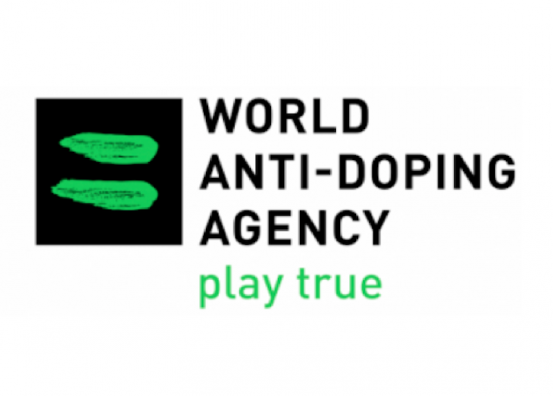- Commissioner’s statement on Ventura, Marte
- Ronnie O’Sullivan: Masters champion ‘felt so vulnerable’ in final
- Arron Fletcher Wins 2017 WSOP International Circuit Marrakech Main Event ($140,224)
- Smith challenges Warner to go big in India
- Moncada No. 1 on MLB Pipeline’s Top 10 2B Prospects list
- Braves land 2 on MLB Pipeline’s Top 10 2B Prospects list
- Kingery makes MLB Pipeline’s Top 10 2B Prospects list
- New Zealand wrap up 2-0 after Bangladesh implosion
- Mathews, Pradeep, Gunathilaka to return to Sri Lanka
- Elliott hopes for rain for Poli
Rebuilt WADA & Power Of Penalties To CAS Would Shut FINA Out Of Anti-Doping
- Updated: October 8, 2016

International federations such as FINA are on course to be divorced from any involvement in anti-doping; the World Anti-Doping Agency would be the parent organisation under which all national anti-doping bodies would work under a harmonised system; the Court of Arbitration for Sport, not national federations and their international masters, will hand down penalties; while those who facilitate doping could be held criminally responsible, regardless of whether they hail from countries with such provisions in national law to not, under proposals set out at the Olympic Summit of the International Olympic Committee in Lausanne today.
The “in-principle proposals” were agreed by the summit discussion “a full review of the WADA anti-doping system”.
The resignations of Drs Andrew Pipe, Susan White and Larry Bowers from FINA’s Doping Control Review Board nows looks prophetic: there will be no cut roles required at FINA in future, the skill of experts needed elsewhere.
Those gathered at the summit also heard the IOC express its wish for:
A “professional intelligence gathering unit” to be established within WADA WADA to have clear segregation of duties between the regulatory and the testing bodies. Intelligence and investigation capability to be built into the WADA structure.
Harmonisation of worldwide anti-doping processes, including:
WADA to establish one centralised worldwide anti-doping system. Standard level of testing to be harmonised per sport in close cooperation with the relevant International Federation (IF) to ensure that athletes from all nations are treated equally. Increasing the level of targeted testing.
In a declaration, the IOC set out the basic bones of its wish for WADA to be an organisation rebuilt and able to operate independently, backed by international organisations from outside the world of sport, such as UNESCO agencies and similar bodies, and supported by the weight of law and a new funding structure.
In reality, all that happened today in Lausanne was, as described by the IOC itself, “discussions”. Nothing concrete has been agreed, much meat would have to be put on bones and the details and definitions of “independence” and the practicalities of imposing criminal convictions on those who “facilitate” doping would require international agreements that do not yet exist.
Even so, the gathering agreed “in-principle proposals concerning the full review of the WADA anti-doping system”.
The simplest way of achieving that may be to have the WADA Code that all sign up to include provision for the CAS to hand down rulings that would be sent to prosecuting authorities in national states.
The IOC noted:
“The entourage of athletes, including coaches, doctors, physiotherapists and other officials, to be held criminally responsible for facilitating doping.”
The IOC Summit Declaration in full
Protecting clean athletes is an absolute priority for the entire Olympic Movement.
The worldwide fight against doping is the responsibility of the World Anti-Doping Agency (WADA), founded on the initiative of the IOC in 1999. Governments of the world and the Olympic Movement are sharing equally the engagement in and funding of WADA. …
